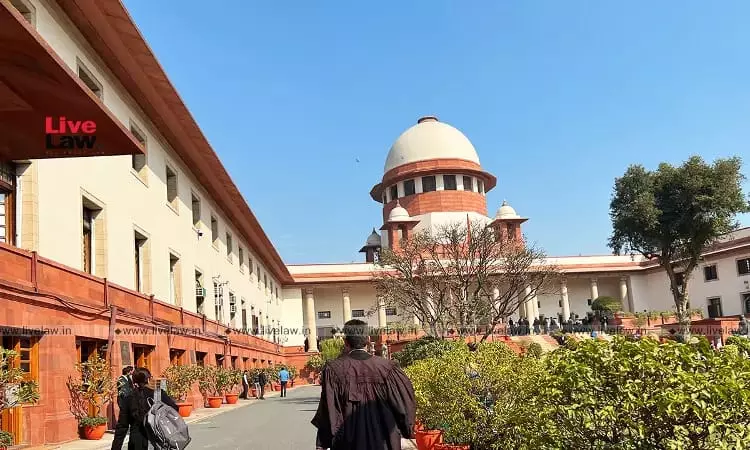The Supreme Court on Tuesday closed the Public Interest Litigation (PIL) filed for controlling indiscriminate circulation of child pornography and videos of gang rape and rape through WhatsApp and other social media after the expert committee constituted by the Court for the matter, submitted its report on how it proposes to address the issue. The Court had initiated this suo motu PIL in...

